In response to the challenges faced by the venture capital industry, a series of systemic support policies have been introduced intensively this year, focusing on stimulating the vitality of venture investment and unblocking the bottlenecks in the "raising, investing, managing, and exiting" processes.
Industry insiders have pointed out that with the increased support from policies, the equity investment market ecosystem will be optimized, and technology, industry, and finance are expected to form a virtuous cycle.
The State Council mentions venture capital for the second time in three months.
The high-quality development of the venture capital industry has once again received policy support.
On September 18, the State Council's executive meeting studied measures to promote the development of venture capital.
The meeting pointed out that venture capital is related to technological innovation, industrial upgrading, and high-quality development.
It is necessary to quickly unblock the bottlenecks in the "raising, investing, managing, and exiting" processes, support qualified technology companies to go public domestically and abroad, vigorously develop the equity transfer and merger and acquisition market, promote the pilot of physical distribution of stocks, encourage social capital to establish market-oriented merger and acquisition mother funds or venture capital secondary market funds, and promote a virtuous cycle in the venture capital industry.
It is necessary to promote state-owned capital to become more responsible long-term capital and patient capital, and improve the policies and measures related to the investment, assessment, tolerance, and exit of state-owned funds.
It is necessary to consolidate the institutional foundation for the healthy development of venture capital, implement key measures of capital market reform, improve the functions of the capital market, and further stimulate the vitality of the venture capital market.
This is the second time in three months that the State Council has mentioned venture capital, highlighting the high-level attention to this issue.
The executive meeting of the State Council on June 7, which specifically studied the policy measures to promote the high-quality development of venture capital, proposed that the development of venture capital is an important measure to promote a virtuous cycle of technology, industry, and finance.
It is necessary to optimize the support policies around the entire chain of "raising, investing, managing, and exiting", encourage insurance funds, social security funds, and others to carry out long-term investments, actively attract foreign venture capital funds, expand exit channels, improve policies such as mergers and acquisitions, and create a good ecosystem to support the development of venture capital.
Subsequently, on June 19, the General Office of the State Council issued the "Venture Capital 17 Articles", known as the "Several Policy Measures to Promote the High-Quality Development of Venture Capital".
In fact, the central government has always attached great importance to how to give full play to the functions of risk capital, venture capital, and other support for entrepreneurship and technological innovation.
The Central Political Bureau meeting held on April 30 emphasized the need to actively develop venture capital and strengthen patient capital.
This is also the first time that "patient capital" has been mentioned at the Central Political Bureau meeting.
The Central Financial Work Conference held last year pointed out the development of diversified equity financing.
The Central Economic Work Conference pointed out that it is necessary to encourage the development of venture capital and equity investment.
The Central Political Bureau meeting at the end of July this year also proposed to cultivate and strengthen emerging industries and future industries.
It is necessary to vigorously promote high-level technological self-reliance and self-improvement, strengthen the attack on key core technologies, and promote the transformation and upgrading of traditional industries.
It is necessary to effectively support the development of gazelle enterprises and unicorn enterprises.
It is necessary to strengthen industry self-discipline and prevent "involution" malicious competition.
Strengthen the market mechanism of survival of the fittest and the elimination of the fittest, and smooth the exit channels of backward and inefficient production capacity.
The venture capital market has warmed up in August.
Industry insiders generally believe that it is timely to introduce policy measures to promote the high-quality development of venture capital under the current situation.
Looking at the development of the venture capital market, since 2023, facing a complex international and domestic macro environment, coupled with difficulties in fundraising, exits, and the scarcity of high-quality projects, the venture capital and private equity market is facing greater pressure.
Data from the Zero2IPO Research Center shows that in the second quarter of 2024, China's equity investment market was in a low activity cycle, with varying degrees of contraction in fundraising and investment, and the exit index remained at a historical low.
The total scale of fundraising in the entire market was 239.474 billion yuan, of which, the fundraising activities of US dollar funds cooled down more obviously; the scale of RMB fund fundraising was 236.802 billion yuan, a year-on-year decrease of 42.9%.
There were a total of 1,523 investment cases in the entire market, a year-on-year decrease of 39.0%, and the disclosed investment amount was about 79.887 billion yuan, with a year-on-year decrease of 55.7% and a month-on-month decrease of 52.8%.
There were a total of 306 exits in the entire market, with a year-on-year decrease of 70.9% and a month-on-month decrease of 1.9%; among them, the number of IPOs of invested companies was 150, with a year-on-year decrease of 70.5% and a month-on-month decrease of 1.3%, continuing the downward trend since the third quarter of last year.
Zero2IPO Research pointed out that on the exit side, under the combined influence of economic cycles, industry cycles, and IPO policy factors, the difficulty of exits has become a common problem faced by the equity investment market and needs to be urgently solved.
VC/PE institutions still need to actively seek diversified exit methods such as mergers and acquisitions and equity transfers.
Yang Delong, the chief economist of Qianhai Open Source Fund, said to the reporter that venture capital funds are an important part of China's multi-level capital market and are also an important force in supporting technological innovation and promoting the development of new quality productive forces.
Recently, due to the slowdown in the pace of IPOs, many venture capital funds are facing the problem of being unable to exit, and some start-up companies are also under pressure from investors due to being unable to complete the investment agreement.
The meeting proposed to quickly unblock the bottlenecks in the "raising, investing, managing, and exiting" processes, which is crucial for promoting the development of venture capital and needs to be implemented in key areas.
Looking at the data from August, with the recent series of support policies being implemented intensively, the venture capital market has warmed up.
The latest data from the Investment China Research Institute shows that in August 2024, there were a total of 419 new funds established in China's VC/PE market, an increase of 6% month-on-month, with 361 institutions participating in the establishment of funds, an increase in the number of institutions month-on-month, 88.1% of institutions established 1 fund, 9.1% of institutions completed the establishment of 2 funds, and 2.8% of institutions completed the establishment of more than 3 funds.
Compared with the previous period, the activity of institutions has increased.
At the same time, in the merger and acquisition market, the number of transactions completed by Chinese companies has increased significantly, with 4 transactions completed with a scale of more than 100 million US dollars.
A total of 29 private equity funds successfully exited through mergers and acquisitions, with a fund recycling amount of 2.341 billion yuan.
In the investment market, the number of investment cases in August was a total of 595, an increase of 30.20% year-on-year; the investment scale was 11.753 billion yuan, an increase of 12.67% year-on-year.
In the past three months, the number of investment cases has continued to increase, and the investment market has warmed up.
The equity investment ecosystem will be optimized.
After nearly forty years of development, the equity investment market has become the "engine" for the transformation of China's economic new and old momentum, the "booster" for optimizing the economic structure, the "catalyst" for optimizing resource allocation, and the "new force" for serving the development of the real economy.
Industry insiders predict that with the implementation of systemic policies, the ecosystem of China's equity investment market is expected to be further optimized.
Zhu Yexin, a member of the Party Committee of CITIC Securities and a member of the Executive Committee of the Management Committee, pointed out that since 2024, the policy support for the equity market has been continuously increasing.
With the introduction of policies such as the new "Nine Articles of the State", "Venture Capital 17 Articles", and the "Decision" of the Third Plenary Session of the 20th Central Committee, the ecosystem of "long money and long investment" in the equity market is expected to be gradually established.
The policy environment and management system of the entire chain of "raising, investing, managing, and exiting" are expected to be continuously improved, and technology, industry, and finance are expected to form a virtuous cycle.
He predicted that the equity market will play a more prominent role in shaping new momentum and advantages in development, cultivating new quality productive forces, and supporting regional industrial development.
In terms of the capital ecosystem, the trend dominated by state-owned capital will continue, and the characteristics of patient capital will be more prominent.
In terms of the operation ecosystem, post-investment management will better empower enterprises.
In terms of the valuation ecosystem, the pricing system of the primary and secondary markets will tend to be balanced, and a healthy investment paradigm will be reshaped.
In terms of the recycling ecosystem, the diversified exit structure still needs to be optimized, and the mergers and acquisitions led by the industry are expected to increase.
From a policy perspective, actively guiding "investing early, investing small, and investing in hard technology", strategic emerging industries have become an important investment direction.
From a capital perspective, fields such as semiconductors, advanced manufacturing, and biomedicine are still important investment directions in the future.
From an institutional perspective, government funds, industrial capital, and star investment institutions have all achieved a significant shift in investment towards hard technology.
Liu Xiaotian, the co-chief analyst of CITIC Securities' portfolio configuration, said that in terms of the valuation ecosystem, from the perspective of investment, the herding of tracks and path dependence are the main reasons for pushing up the valuation of projects in the primary market; from the perspective of exit, the arbitrage space of IPOs is gradually narrowing, and accompanying companies to issue and go public is no longer a stable way to make profits.
The "quality improvement stage" of the equity market is gradually transitioning from a seller's market to a buyer's market.
The prudence of investment and the uncertainty of exit will force equity institutions to return to the essence of value investment.
The pricing system of the primary and secondary markets will be tempered and tend to be balanced, which is conducive to forming a healthier investment ecosystem.
Guo Rong Securities Research believes that patient capital represented by state-owned capital pays more attention to long-term benefits and fits with the essence of new quality productive forces, reflecting the functional value that is currently the focus of state-owned enterprise reform.
The development of new quality productive forces cannot be separated from original and disruptive technological innovations, which will inevitably be accompanied by huge uncertainties.
The importance of venture capital is highlighted, and patient capital represented by state-owned capital has strong risk-bearing capacity.
Xingye Research stated that venture capital is a key link in promoting technological innovation.
At present, China's "fund allocation is unbalanced, and the financing structure is unreasonable", and there are problems such as "inequality of funds" and "more money but less capital" and "insufficient patient capital".
Equity capital is naturally suitable for start-up companies and can compensate for the winning rate through odds.
Promoting long-term funds to enter the primary market also requires top-level design and systematic planning.
Considering that long-term capital still has return assessment requirements and also has regular exit requirements, investment in the primary market is prone to "picking the best" and neglecting small companies.
The institution said that patient capital oriented towards long-term returns should appropriately focus on supporting small companies in the process of supporting technological innovation in top-level design.当然可以,不过您还没有提供需要翻译的内容。请提供您想要翻译的文本,我会帮您翻译成英文。


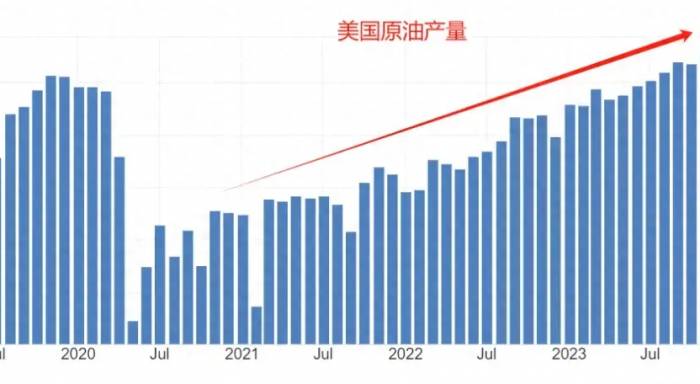










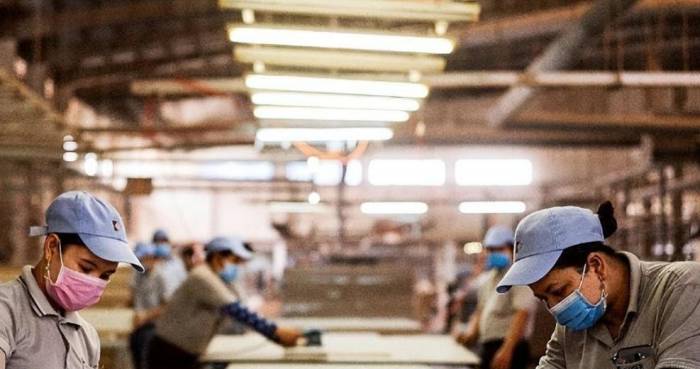




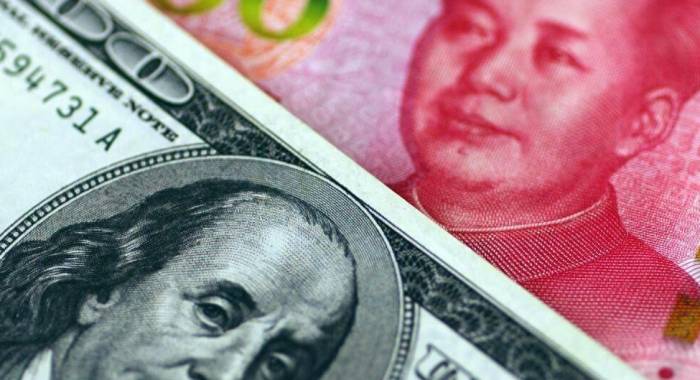



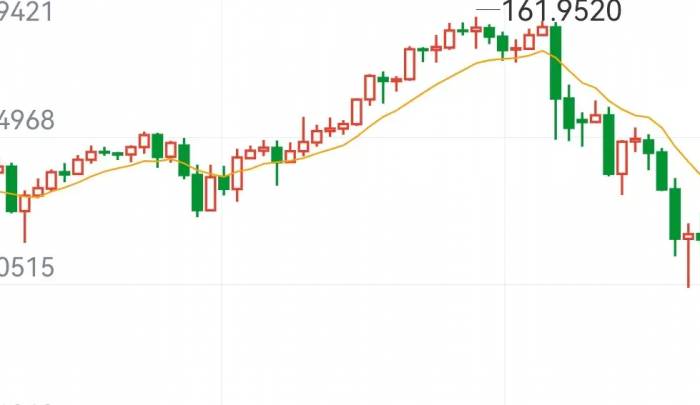


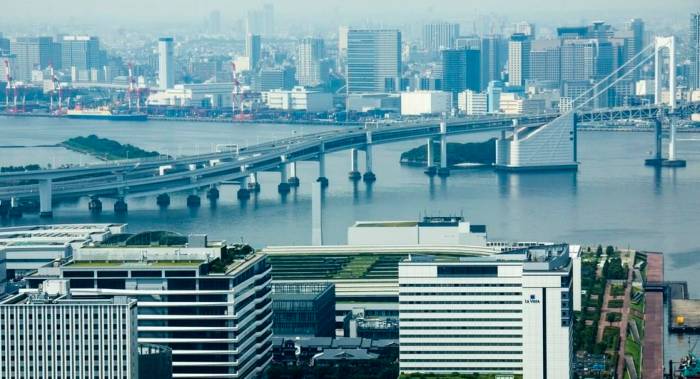




Leave a Comment